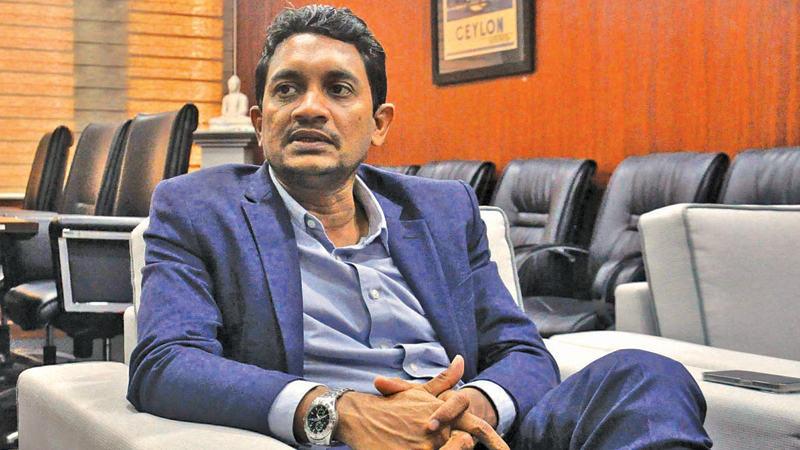The Government plans to introduce a raft of measures to support small and medium scale enterprises (SMEs), the backbone of the economy, said Industry and Entrepreneurship Development Deputy Minister Chathuranga Abeysinghe said. “The long term industry development plan launched by the Government is to support all industries particularly the SMEs who have been suffering tremendously for the past four years since the Easter Sunday attacks, the global pandemic and thereafter the economic crisis in 2022,” the Deputy Minister said.
He said the Government has provided breathing space for the SMEs whom play a pivotal role in the economy with strategic measures such as extending the execution of the parate law which would ease the burden of small and medium sector business who were unable to settle loans due to the crises.
Parate execution is a non-court procedure for banks to sell mortgaged properties without going through formal legal proceedings. The procedure permits banks to recover loans directly, which can be beneficial for banks and borrowers.
“We had undertaken the extension of the parate law with the support of the Central Bank and the Banking Association and also provided SMEs packages to restructure loans as the government realised that the debt issue was the main hurdle particularly for small scale businesses,” the Deputy Minister said, adding that around 16,000 SMEs which are financially distressed needed urgent support to sustain operations.
The Deputy Minister also said Rs. 30 billion had been allocated through the budget for SME development programs to be implemented across the country which would help the sector to be more competitive and excel in business.
“Agriculture, fisheries and youth are some of the sectors that entrepreneurship could be developed. We have brought all institutions such as the Export Development Board, the Industrial Development Board and the National Productivity Secretariat to provide unified services to SMEs,” the Deputy Minister said, adding that the government is working on various policies to assist SMEs such as the setting up of the SME Advisory Committee to work alongside the SME development program.
Measures also have been taken on a policy level according the Deputy Minister on anti-dumping policies to prevent low quality and substandard products flooding the market.
“We are also working on the tariff polices to help small and medium sector businesses to import quality products to the country and develop their enterprises. With these specific polices and other wide array of measures taken on tariffs will ease the stress of SMEs,” the Deputy Minister said.
The long-term industrial development plan has been launched in line with the goal of creating an export-led economy. A high-level discussion chaired by President Anura Kumara Dissanayake was held last week at the Presidential Secretariat with senior officials from the Industry and Entrepreneurship Development Ministry, Finance Ministry and his office.
The discussion centred on setting up a long-term industry development plan to overcome the challenges faced by industries particularly the apparel sector which is a key foreign exchange earner undergoing tough times due to the 44 percent reciprocal tariff imposed by the US.
A delegation from Sri Lanka is currently in the US holding its second meeting to seek a reduction in tariffs.









